Chrome to boost privacy with Fingerprinting Protections, including for Incognito mode
Websites may not be able to track you via fingerprinting techniques in Chrome going forward
3 min. read
Published on
Read our disclosure page to find out how can you help Windows Report sustain the editorial team Read more

Forget about third-party cookie blocking, Google is preparing strong “Fingerprinting Protection Filters”, including for incognito mode in Chrome to protect user privacy from making a profile by websites to track you.
Google Chrome, despite being owned by an advertising giant, Google has been making efforts to improve user privacy. It’s understandable to have concerns about a browser linked to advertising, but Chrome’s dominant position has pushed it to address privacy issues more proactively.
Google Chrome will be getting Anti-fingerprinting Protections for the first time
One of the major threats to user privacy is Fingerprinting, a covert method websites use to track individuals by creating unique profiles based on device characteristics like screen size, resolution, and browsing habits. Chrome is working to counter these tactics by making it harder for websites to gather such data and implementing measures to block fingerprinting attempts.
Five years back, Google announced it would bring “protections against fingerprinting” to Chrome:
“Because fingerprinting is neither transparent nor under the user’s control, it results in tracking that doesn’t respect user choice. This is why Chrome plans to more aggressively restrict fingerprinting across the web. One way in which we’ll be doing this is reducing the ways in which browsers can be passively fingerprinted, so that we can detect and intervene against active fingerprinting efforts as they happen.” Google said in a blog post.
Five years down the line since the announcement, the company is working on it now as we, WindowsReport spotted from the commit messages and strings in them confirm the toggles to activate fingerprinting protection for normal and incognito will be available in Tracking Protection Settings.
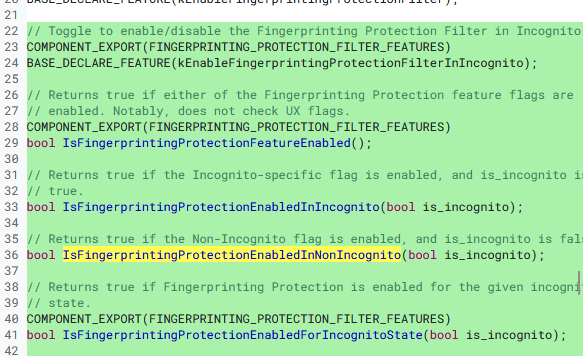
There were many commit messages related to Fingerprinting Protection Filters [FPF] but we could only find a recent commit that reveals changes Google is bringing to Chrome. Adding an Incognito flag for FPF is one of them.

The company is still ironing out bugs related to FPF, while no longer supporting third-party cookie blocking in Chrome was a setback, users will have fingerprinting protections against websites at the profile level including in incognito mode.
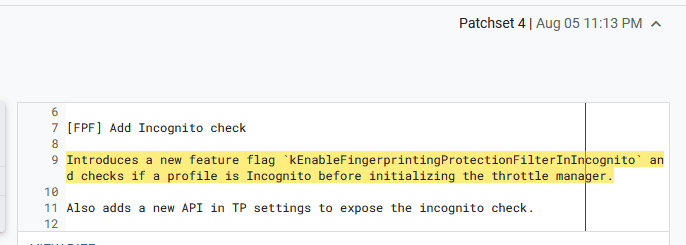
We don’t know when the anti-fingerprinting protections make it into Chrome even in the Canary stage, but we may expect fingerprinting Protections including for Inprivate browsing to be developed and available in Edge also by Microsoft.
Besides this privacy improvement, Google Chrome to get updated warnings for insecure connections. Additionally, Chromebooks are getting Google AI feature for troubleshooting Bluetooth issues.

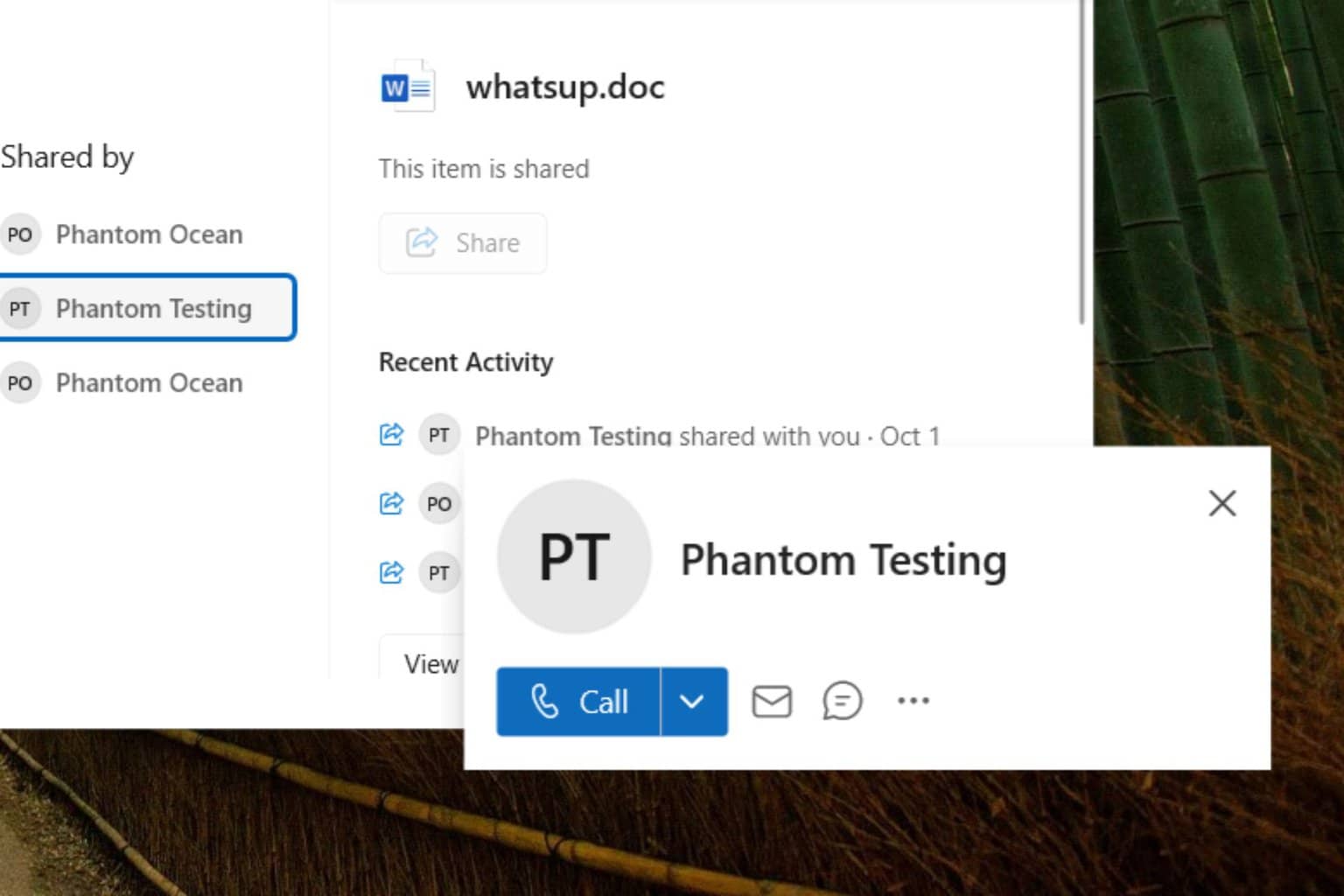
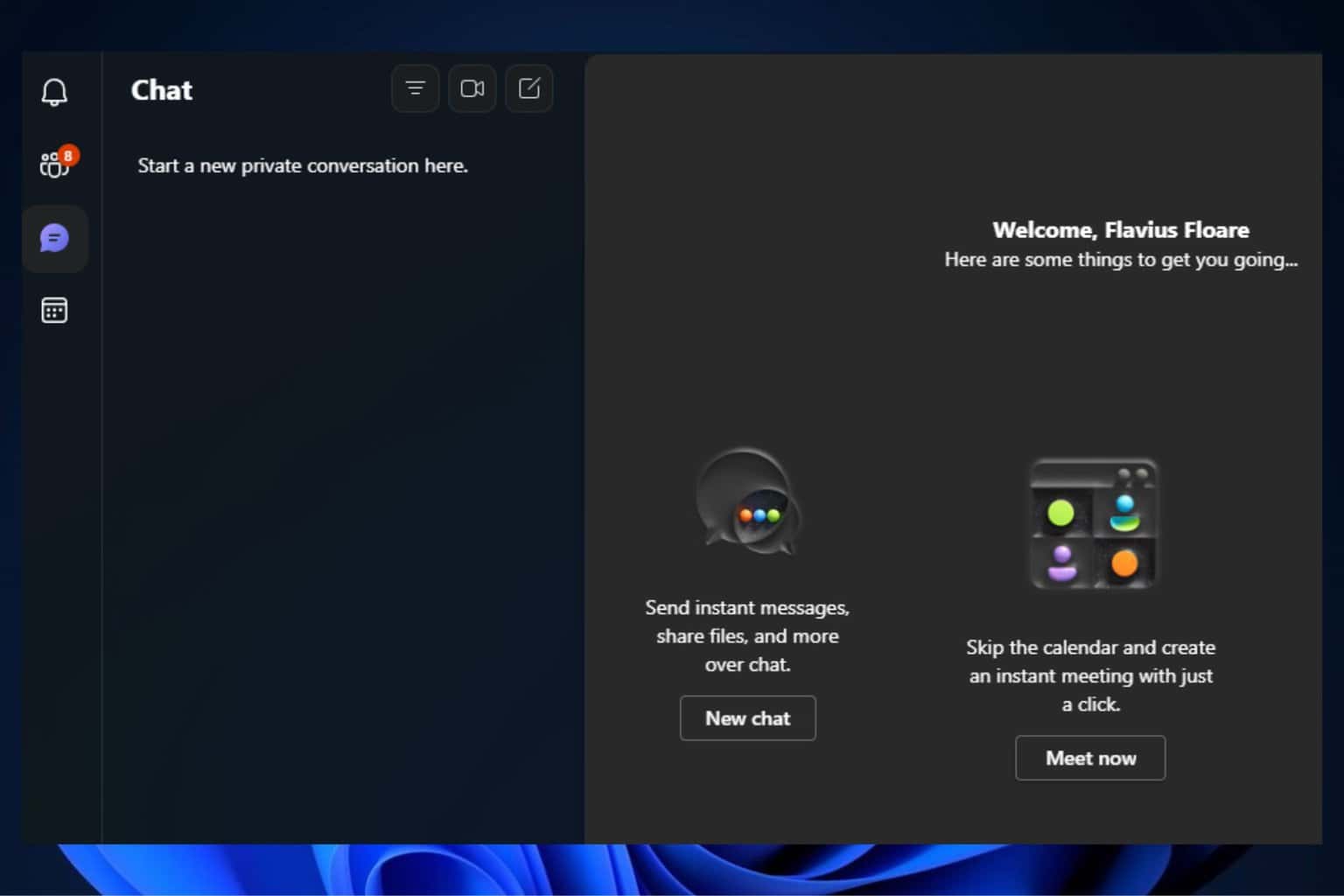

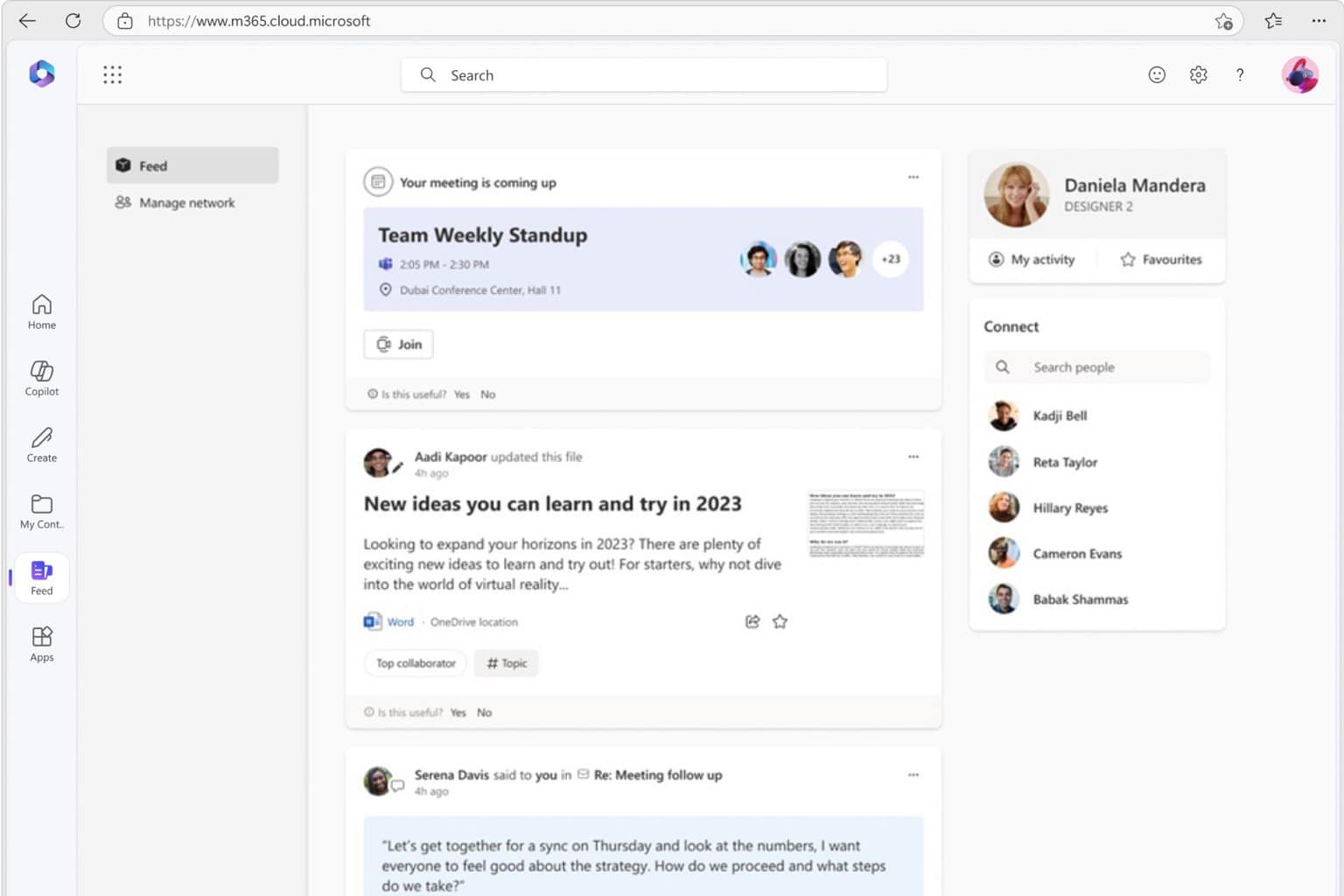

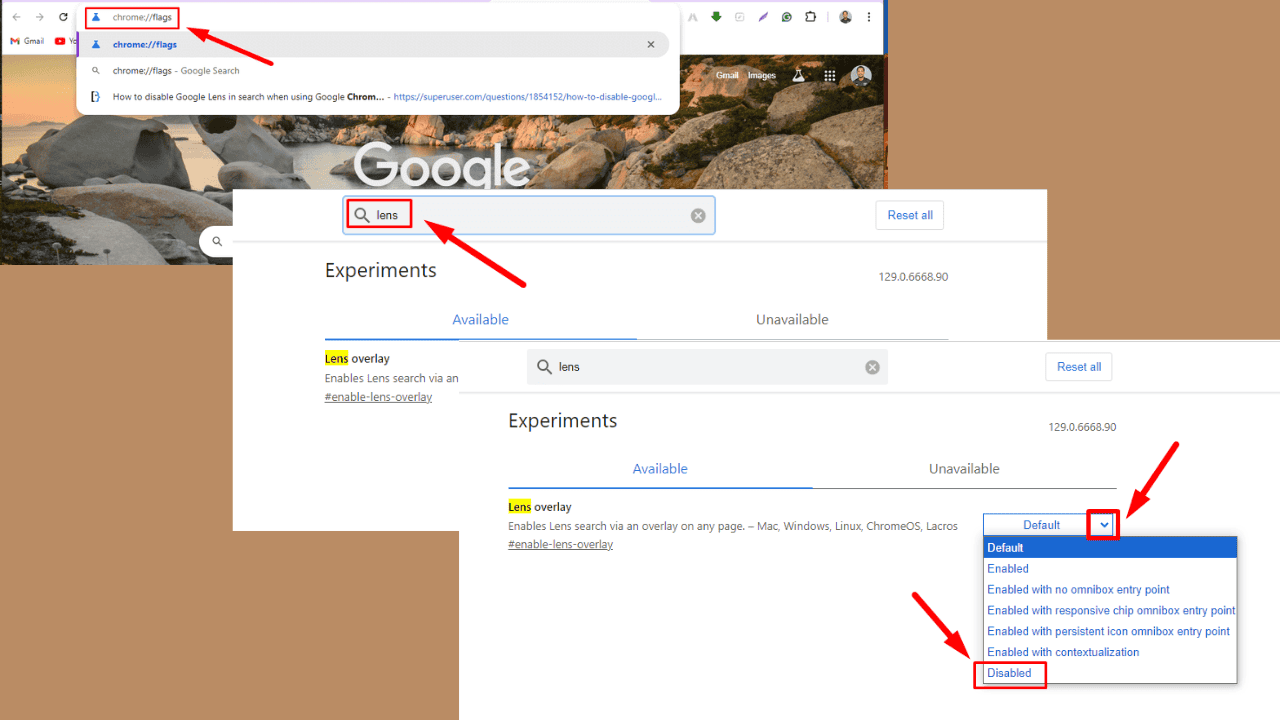

User forum
0 messages